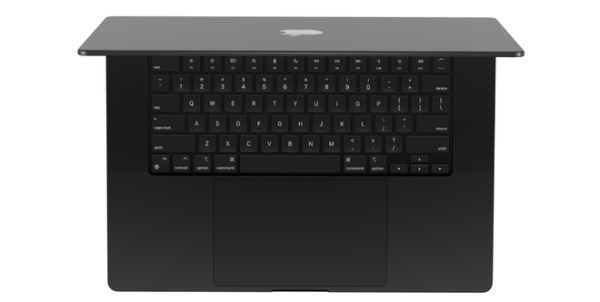In the competitive world of business development, leveraging data and analytics can dramatically enhance the effectiveness of your proposal management efforts. A data-driven approach to crafting proposals can result in more targeted, persuasive, and ultimately successful bids. By harnessing key metrics and insights, organizations can make informed decisions that streamline the proposal creation process and improve win rates. Understanding the intricate relationship between data, analytics, and the lifecycle of proposals is crucial for anyone involved in this field. Keep reading to delve into ways to efficiently integrate data-driven methodologies into your proposal strategies.
Understanding the Role of Data in Proposal Management

Data plays a crucial role in Proposal Management, offering insights into client preferences and behaviors. By analyzing historical data, organizations can identify patterns and trends to develop more impactful proposals. This includes reviewing past wins and losses, understanding industry benchmarks, and evaluating proposal strategies.
Data allows for the customization of proposals to address the unique needs of each client. Tailored data points demonstrate a deep understanding of the client's business context, increasing the relevance and persuasiveness of proposals.
Data optimization streamlines the proposal development process by identifying bottlenecks and inefficiencies. This allows teams to allocate resources more strategically, improving productivity and response times.
Continuous learning and adaptation are facilitated through data analysis of proposal results. By refining approaches based on client feedback, teams ensure a process of perpetual improvement.
Establishing a Data-Driven Culture for Proposal Development
To embed data effectively into proposal management, an organization must cultivate a culture that prioritizes and comprehends data. This transformation begins with leadership highlighting the significance of data in decision-making. Employees at all levels should be urged to integrate data insights into their daily tasks and proposal development activities.
Providing adequate training and tools is crucial. Team members need proficiency in data analysis techniques and familiarity with relevant software and platforms. With proper training, teams can grasp the intricacies of the data they work with, leading to more informed decisions in proposals.
Maintaining open communication and fostering knowledge-sharing within the team is vital for establishing a data-driven culture. Collaboration enables collective learning from data and the exchange of best practices, fostering innovation in data integration within proposals.
Acknowledging and rewarding successes driven by data reinforces the importance of a data-centric approach. When teams witness tangible benefits like improved win rates or client satisfaction resulting from data analysis, they are more likely to embrace and continue these practices.
Key Metrics and Analytics to Track in Proposal Management
Key metrics play a pivotal role in the proposal management process, offering invaluable insights for improvement. Win-loss ratios reveal the effectiveness of proposals, enabling teams to refine their strategies based on the reasons behind each outcome.
Response times and on-time delivery metrics reflect the efficiency and reliability of the proposal team, crucial for shaping client perceptions. Streamlining response times while maintaining quality is a common target for process optimization.
Average proposal scores provide valuable feedback for enhancing future submissions, highlighting strengths and weaknesses in content and structure. Understanding what resonates with evaluators aids in replicating successful elements and refining weaker sections.
Conversion rates and ROI of submitted proposals are essential indicators of overall profitability and effectiveness. These metrics inform resource allocation and strategic decisions for future bids.
Integrating Data Analysis Tools Into the Proposal Process

Technology advancements offer a plethora of data analysis tools for proposal management teams. CRM platforms store extensive client interaction data, aiding proposal strategies with informed insights. Bid management software provides analytics, enhancing understanding of proposal effectiveness.
AI and machine learning algorithms analyze data for patterns, enabling advanced personalization and prediction in proposals. Data visualization tools translate raw data into intuitive visuals, facilitating collaboration and informed decision-making.
Leveraging Data Insights for Continuous Improvement of Proposals
Integrating data into the proposal process offers numerous benefits for ongoing improvement. By analyzing data continuously, teams can refine their understanding of effective strategies and make incremental enhancements to proposal quality and effectiveness.
Client feedback, whether from wins or losses, is invaluable for improvement. Understanding client preferences and responses helps tailor proposals to better meet the demands of prospects.
Data also enables predictive analytics, allowing teams to anticipate client needs and industry trends. By forecasting potential shifts, proposals can be positioned proactively, making them more relevant and compelling.
Regularly leveraging data insights encourages a culture of testing and learning, ensuring that the proposal process stays dynamic and aligned with client expectations.
Overall, incorporating data and analytics into proposal management is more than a single endeavor; it's an ongoing commitment to iterative improvement. This approach can greatly enhance bid success rates by enabling businesses to better understand client needs, streamline proposal processes, and maintain competitiveness in a dynamic market.

















